If you’ve ever owned a cat, you’ve likely experienced the frustration of them turning their nose up at food. Cats are known for being picky eaters, and their finicky nature often leaves pet owners puzzled. Understanding the reasons behind their selective eating habits can help you address the issue and ensure your feline friend stays healthy and happy.
The Evolution of a Picky Predator
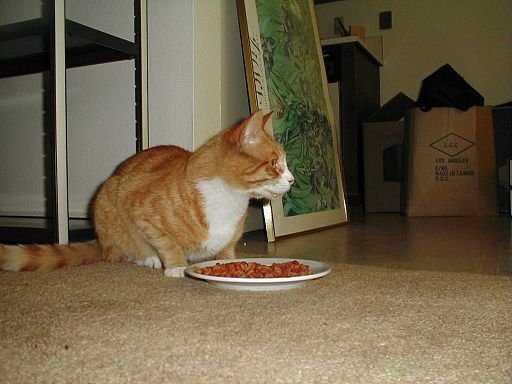
Cats are natural hunters, and their pickiness is deeply rooted in their evolution. In the wild, cats relied on their instincts to avoid spoiled or harmful food, favoring fresh prey. This instinct carries over to domesticated cats, making them cautious about new or unfamiliar foods.
Sensitivity to Smell and Texture
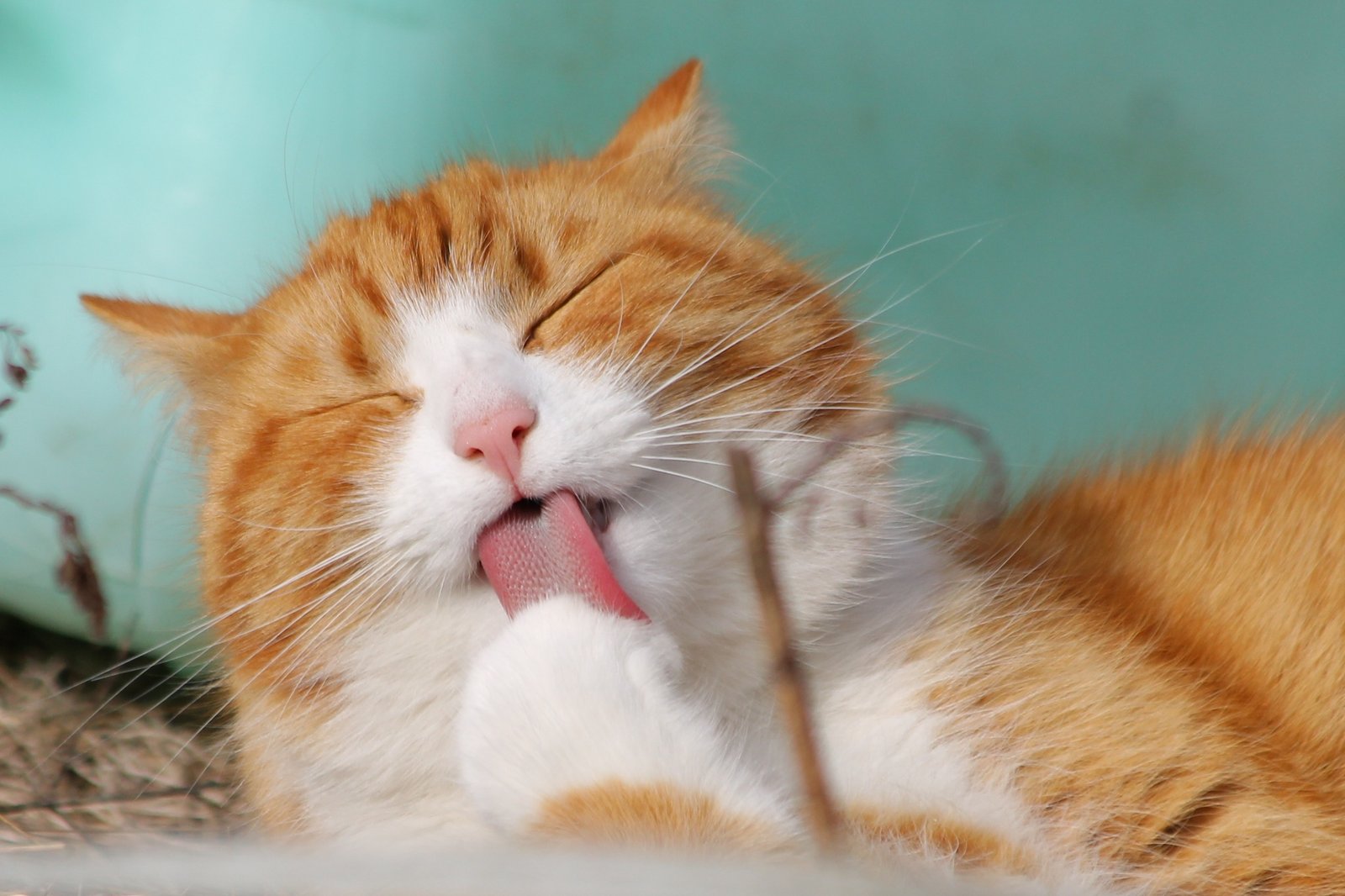
A cat’s sense of smell is much stronger than ours, and it plays a significant role in their food preferences. If something smells “off” or doesn’t meet their expectations, they may refuse to eat it. Texture also matters—cats often prefer foods with a specific mouthfeel, such as soft pâtés or crunchy kibble.
Health Issues That Affect Appetite
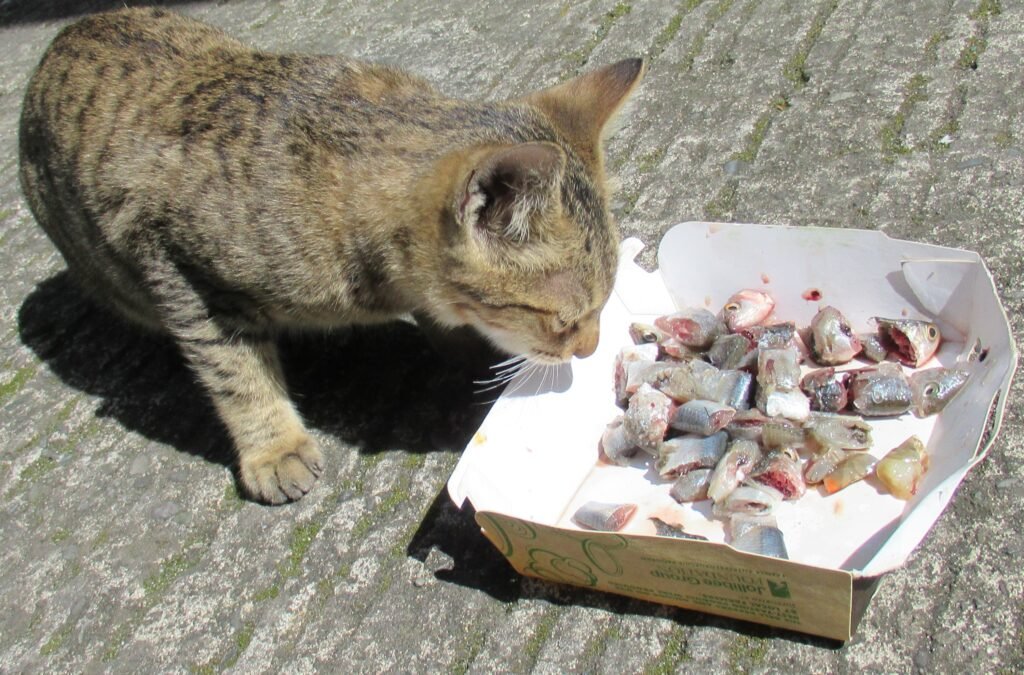
Sometimes, picky eating can indicate an underlying health issue. Dental problems, gastrointestinal discomfort, or illnesses can make eating uncomfortable for your cat. If your cat’s picky behavior is sudden or persistent, it’s important to consult a veterinarian to rule out medical concerns.
Stress and Environment
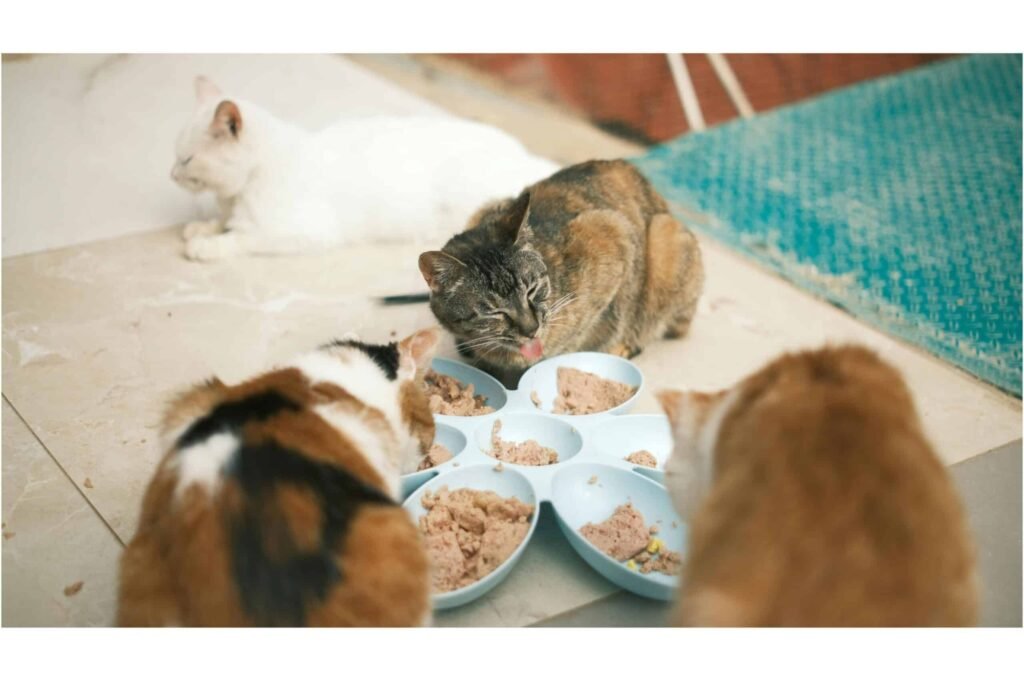
Cats are sensitive creatures, and changes in their environment can impact their eating habits. A new pet, a change in routine, or even the placement of their food bowl can cause stress, making them less willing to eat. Ensuring a calm and consistent feeding environment can help alleviate these issues.
How to Handle a Picky Eater

If your cat is selective about their food, start by experimenting with different flavors, textures, and brands to find what they prefer. Gradually introduce new foods by mixing them with their current diet to ease the transition. Feeding smaller, frequent meals can also make mealtime more appealing.
Avoid Free-Feeding and Overindulgence
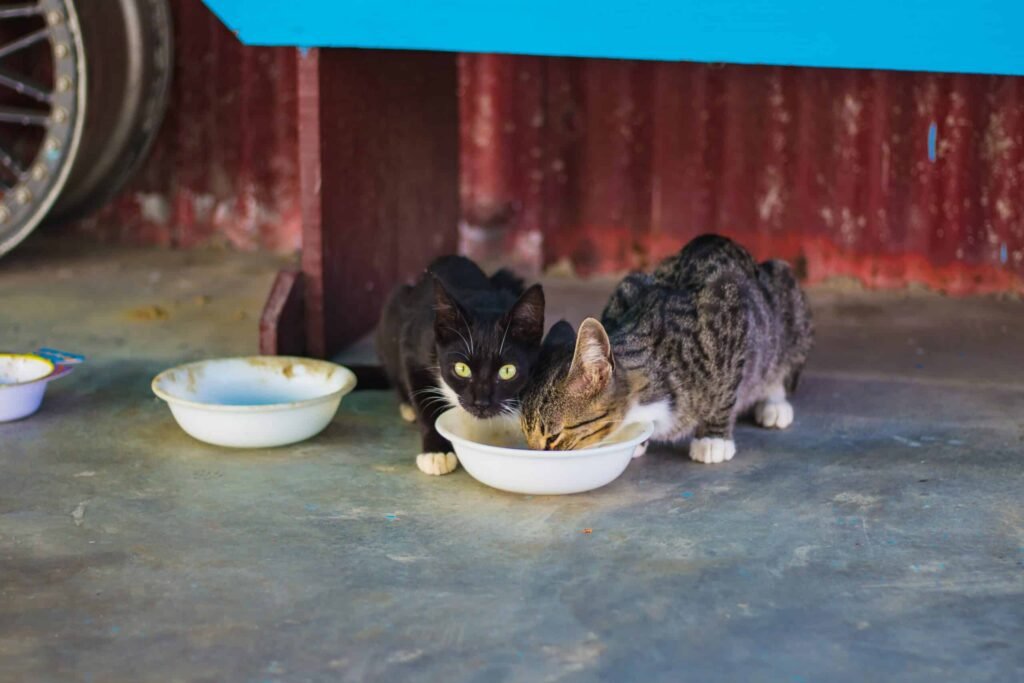
Free-feeding—leaving food out all day—can encourage bad habits and make it harder to manage a picky eater. Instead, establish regular feeding times to help your cat develop a routine. Avoid overindulging them with treats or table scraps, as this can reinforce their finicky behavior.
When to Seek Professional Help
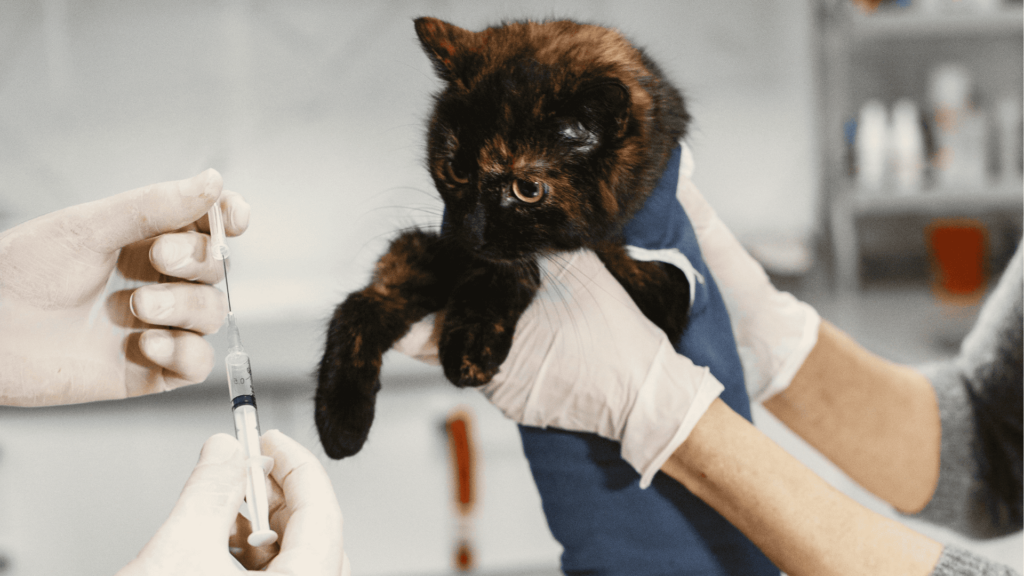
If your cat continues to reject food despite your efforts, it’s time to seek advice from a veterinarian or pet nutritionist. They can help identify potential health problems or recommend specialized diets to suit your cat’s needs. Addressing the root cause is key to resolving picky eating.
Building Healthy Habits for Your Cat
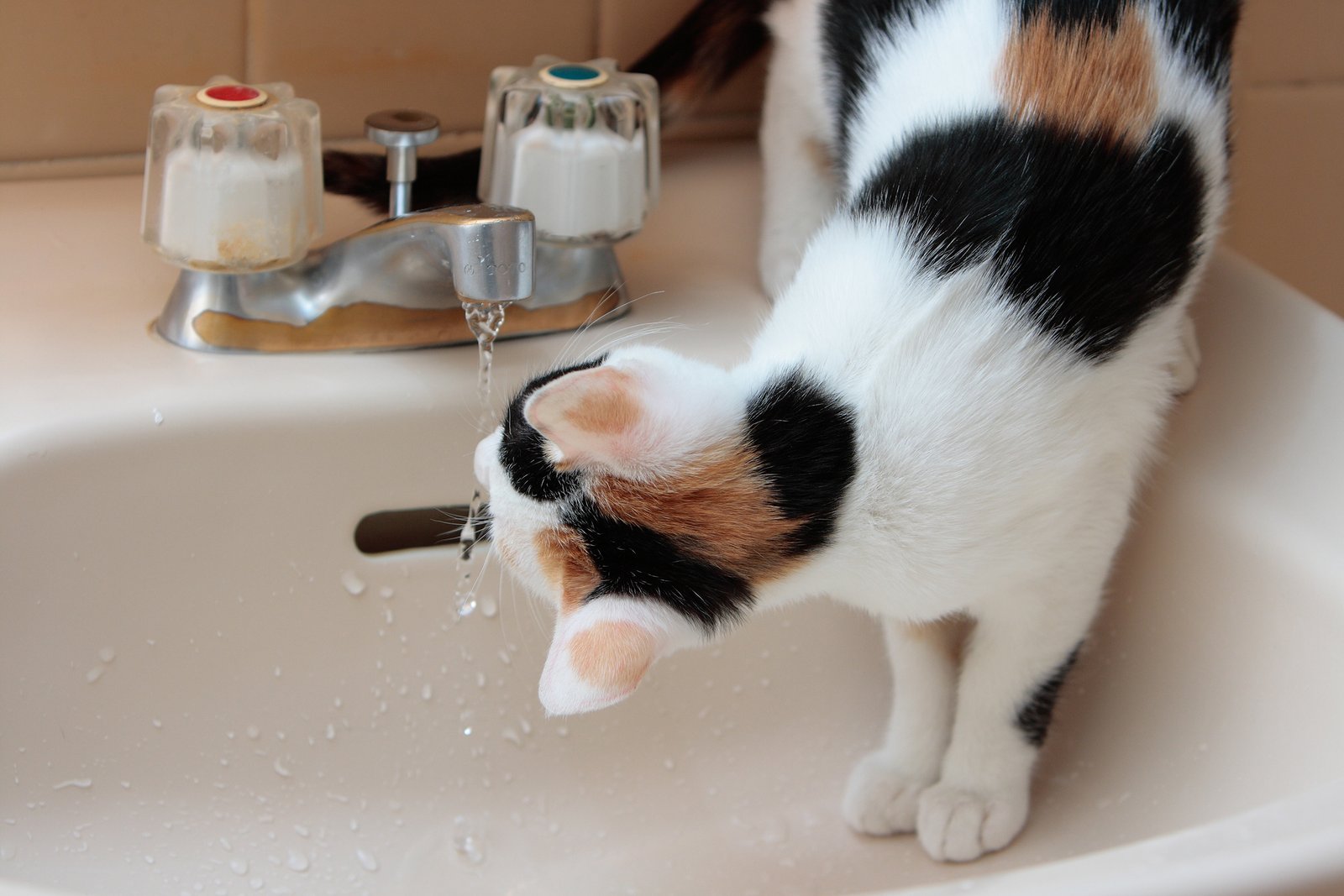
Cats are naturally selective, but with patience and care, you can encourage healthier eating habits. By understanding their preferences and addressing potential stressors, you’ll create a mealtime routine that satisfies both you and your feline friend. Remember, a happy and healthy cat starts with a balanced diet they enjoy.

Growing up traveling and experiencing new cultures and wonders, I have had a passion for nature, adventuring, photography, and videography. I am currently working towards a BSc in Biodiversity and Ecology at Stellenbosch University, and I hope to specialise in Marine Sciences one day.
Please send any feedback to Feedback@animalsaroundtheglobe.com






